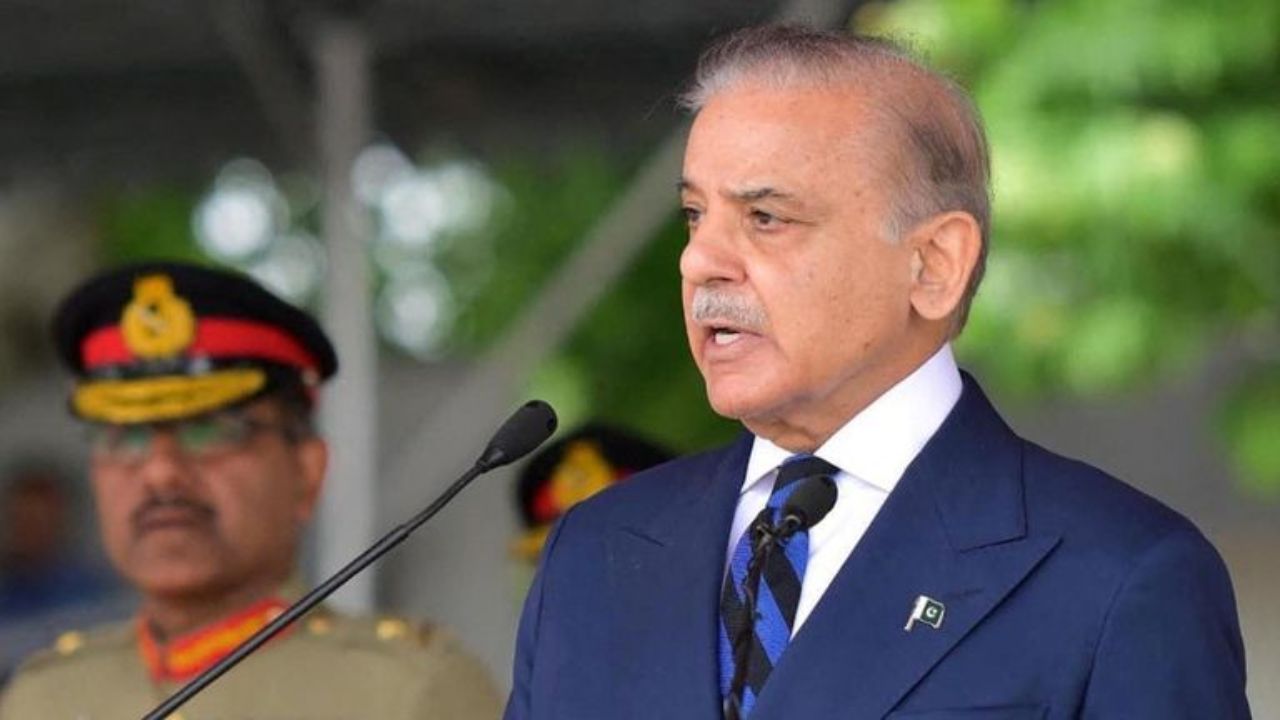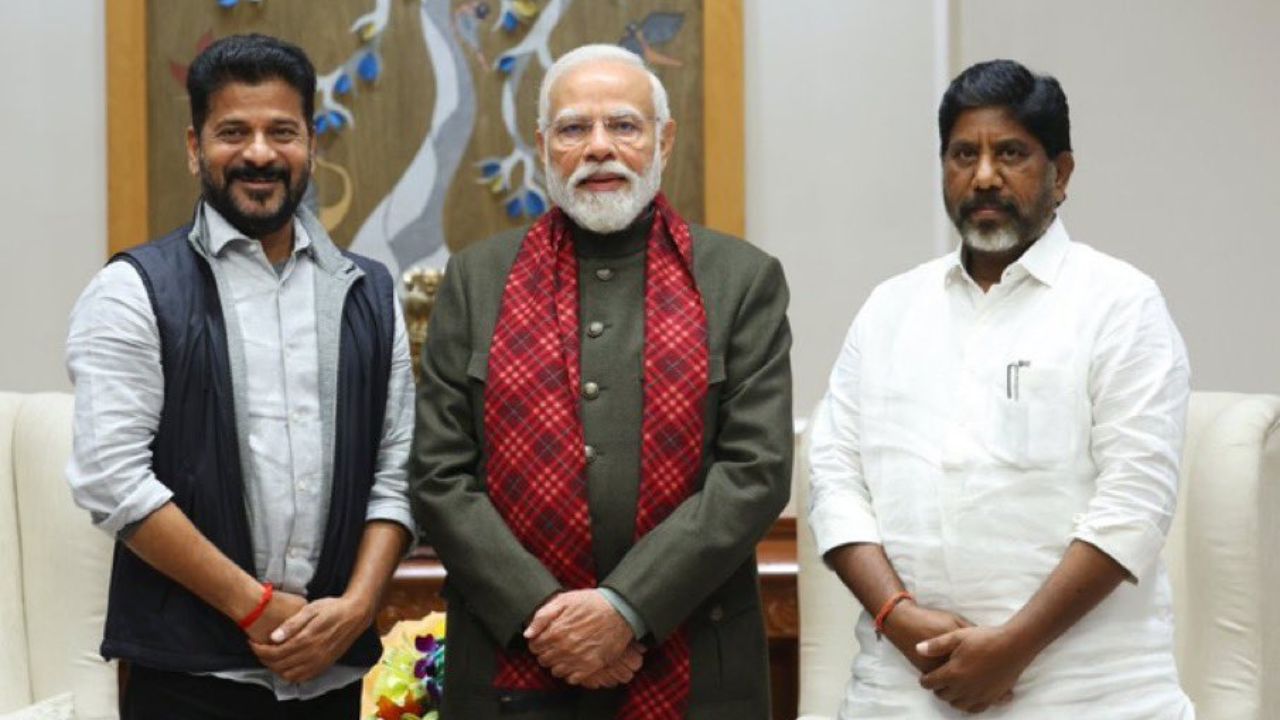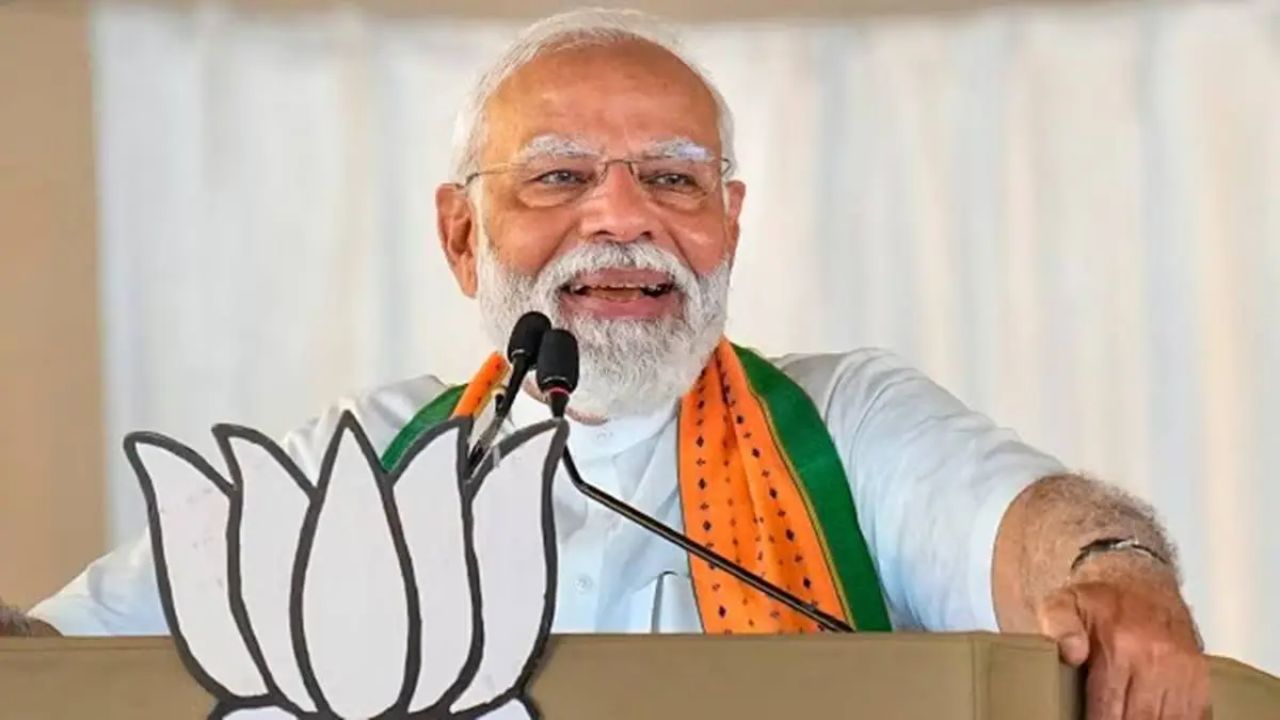SC/ST Sub-Quota: As Dalit and Other Leaders Oppose Order, Congress Remains Silent and Delays Its Decision
With opinions within the Congress party sharply divided over the Supreme Court's decision to allow sub-classification of Scheduled Castes (SC) and Scheduled Tribes (ST) for reservations within their respective quotas, the party has decided to

With opinions within the Congress party sharply divided over the Supreme Court’s decision to allow sub-classification of Scheduled Castes (SC) and Scheduled Tribes (ST) for reservations within their respective quotas, the party has decided to proceed cautiously. On Tuesday, the Congress opted to hold further consultations before finalizing its stance, likely within the next two to three weeks.
While the central leadership of the party has remained silent on the Supreme Court’s ruling, individual leaders have expressed their views. In an effort to clarify the party’s position, Congress President Mallikarjun Kharge convened a meeting on Tuesday. Present were senior leaders, including Congress Parliamentary Party Chairperson Sonia Gandhi, Leader of the Opposition in the Lok Sabha Rahul Gandhi, General Secretary K C Venugopal, and other key figures such as legal experts and representatives of the Dalit community, including Randeep Surjewala, Jairam Ramesh, Mukul Wasnik, Kumari Selja, P L Punia, Udit Raj, and Rajesh Lilothia.
Sources indicate that most Dalit leaders and influential voices in the party opposed the Supreme Court verdict and were inclined to reject the idea of sub-classification. However, Karnataka Chief Minister Siddaramaiah and Telangana Congress President A Revanth Reddy have already welcomed the ruling, driven by local political considerations. In these states, prominent SC communities like the Malas and Madigas have been advocating for such a sub-quota.
During the meeting, senior lawyer and Congress Working Committee (CWC) member Abhishek Singhvi provided a legal briefing, but emphasized, along with other lawyer-leaders like Vivek Tankha, that the issue was fundamentally political, requiring a political decision from the party.
After nearly one and a half hours of discussions, it was decided that further consultations would be held with more leaders within the party, as well as with stakeholders and civil society activists outside the party. As part of this process, Kharge will meet with Congress Chief Ministers and state party presidents.
Several parties with significant Dalit support bases, including Mayawati’s Bahujan Samaj Party (BSP), Chirag Paswan’s Lok Janshakti Party, and Ramdas Athawale’s Republican Party of India, have already criticized various aspects of the Supreme Court’s ruling. Paswan has even announced that his party would seek a review of the judgment from the Supreme Court.
When asked about the differing views of Siddaramaiah and Revanth Reddy, a senior Congress leader remarked, “Chief Ministers can have their opinions due to local factors like the Malas and Madigas, but the party’s stance will prevail. We are a national party, so our view will be shaped by national considerations.”
Following the meeting, Jairam Ramesh reiterated the party’s demand for a caste census and the removal of the Supreme Court-mandated 50% cap on reservations for SCs, STs, and OBCs—both of which were key promises in the Congress manifesto for the Lok Sabha elections.
Separately, the CPI(M) Politburo met in Delhi on Tuesday to discuss the Supreme Court judgment. While the CPI(M) supported the verdict, it reiterated its opposition to the introduction of a “creamy layer” within SC and ST reservations, a suggestion made by four of the seven judges, though it was not part of the operative judgment.




